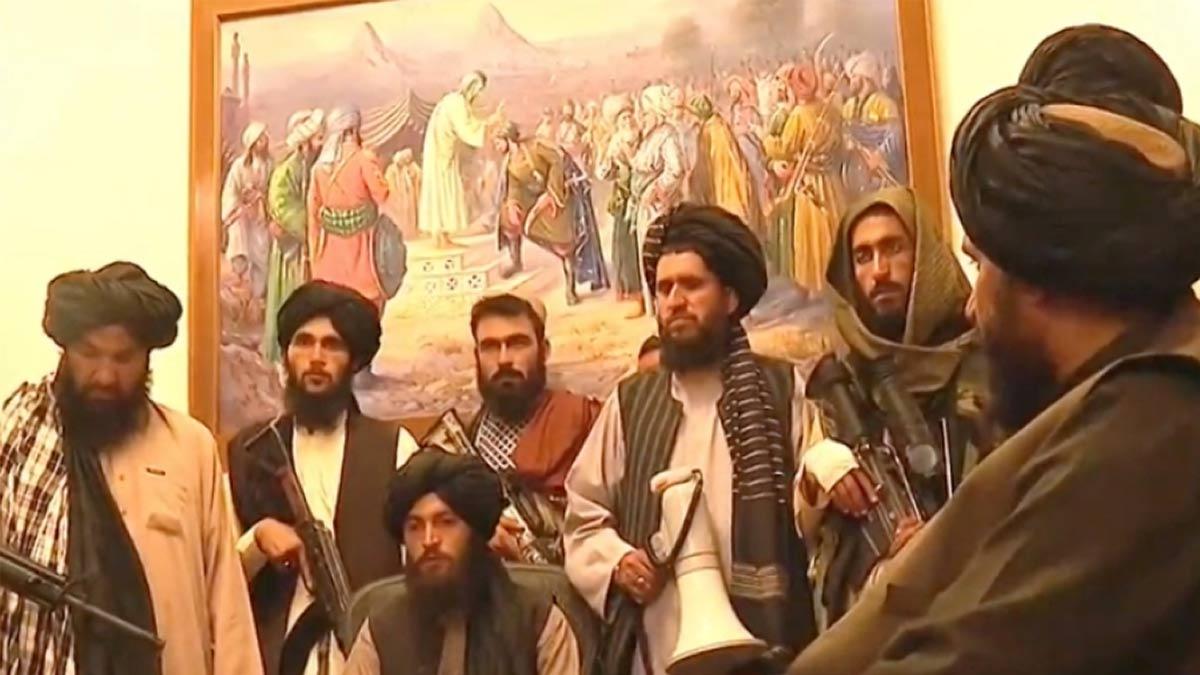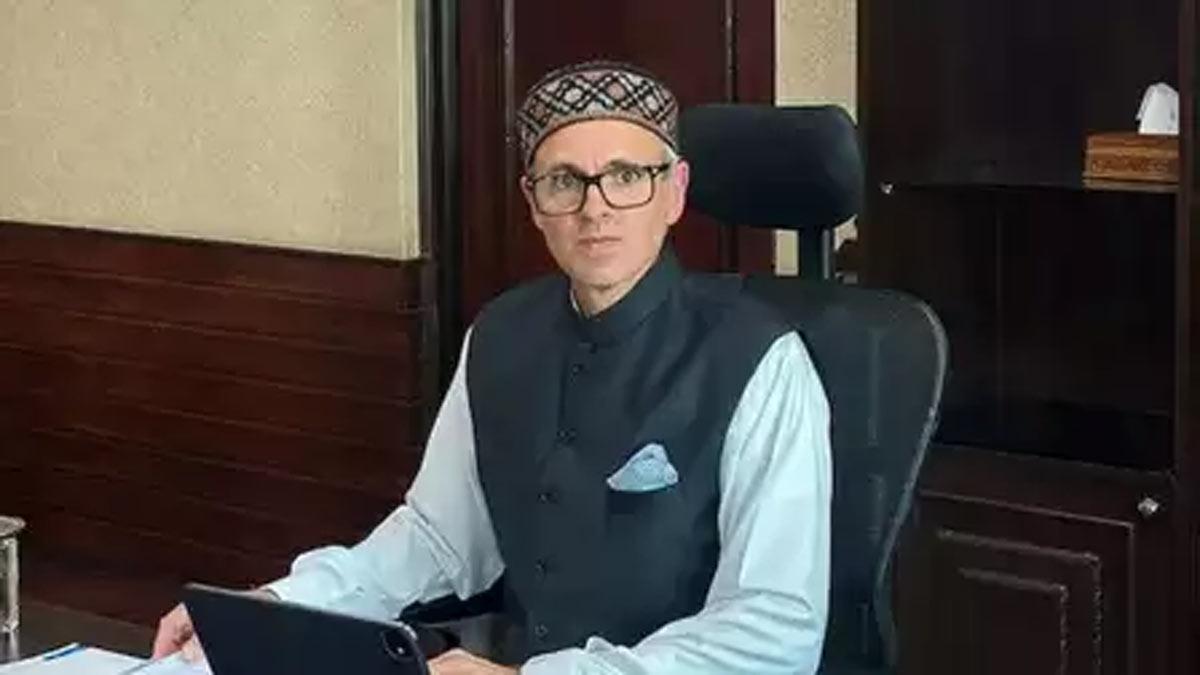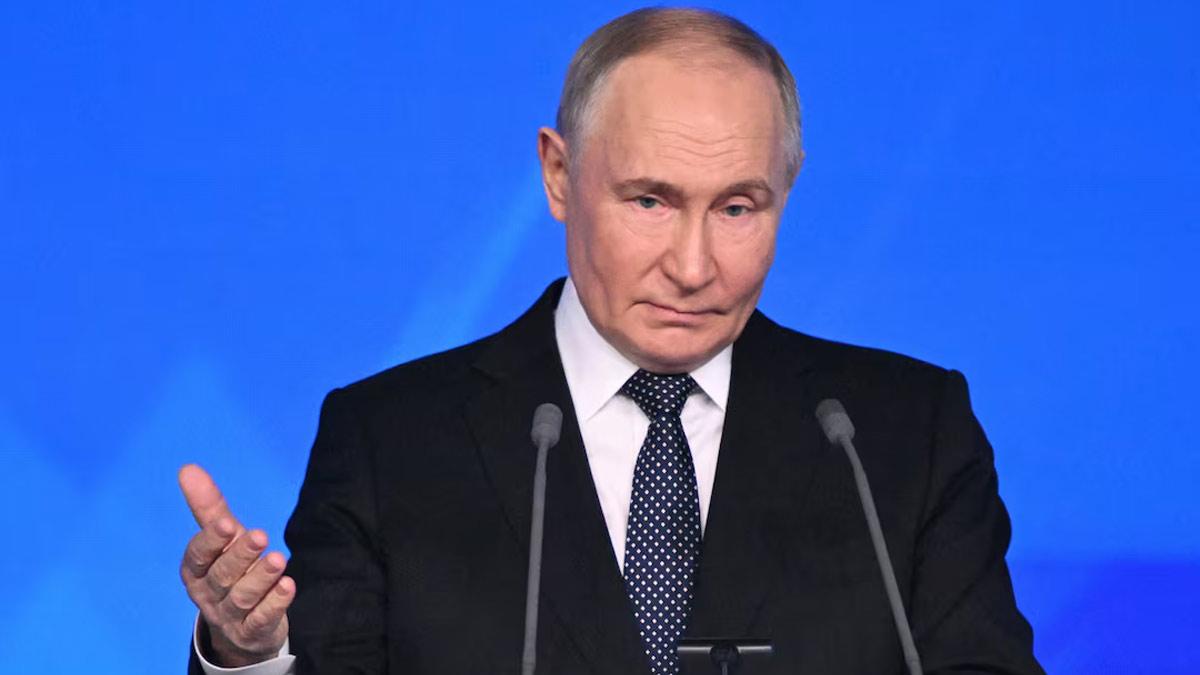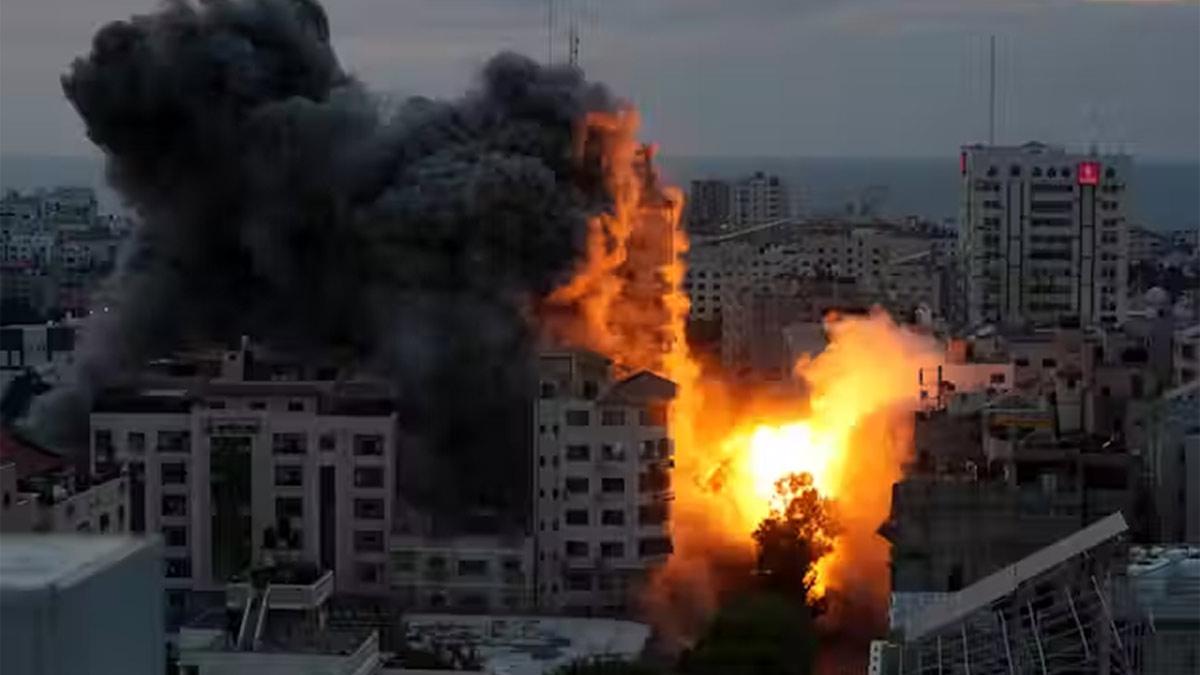Russia's Supreme Court has formally removed the designation of the Taliban as a "terrorist organisation," a symbolic move in building closer relations with Afghanistan's governing powers.
The Taliban recaptured Afghanistan in August 2021 after the withdrawal of U.S. troops that had backed the internationally recognized Afghan government. Since then, Moscow—skeptical of what it characterized as a U.S. "failure"—has progressively edged toward active engagement with Taliban leadership, seeing them as possible partners in economic and counter-terrorism initiatives.
Supreme Court Justice Oleg Nefedov, in a decision covered by state news agency TASS, said: "The previously imposed restriction of activities of the Taliban—included on the consolidated federal list of organisations designated as terrorist—has been suspended." He said the decision comes into force with immediate effect.
This is the follow-up of a formal application by Russia's Prosecutor General last month, amid several visits by senior Taliban leaders to Russia. Significantly, Taliban delegations attended Russia's key economic forums in Saint Petersburg in 2022 and 2024. Moreover, the group's most senior diplomat also met with Russian Foreign Minister Sergei Lavrov in Moscow last October.
While the dropping of the terrorist designation does not translate into diplomatic acceptance, it facilitates freer dealings with Taliban officials at global forums, avoiding possible diplomatic embarrassment.
A Change in Russia's Strategy
Russia's relations with the Taliban have changed a great deal. Initially established in 1994 during the Afghan Civil War, the Taliban consisted of numerous ex-Mujahideen who had battled Soviet troops during the 1980s. The war left the Soviet Union with deep wounds and was one of the contributing factors to its eventual demise.
Russia labeled the Taliban a terrorist group in 2003 because it was associated with separatist insurgencies in the North Caucasus. But now that the Taliban has returned to power in 2021, regional powers—and Russia among them—have shifted their position because they are also vying to exert strategic leverage in Afghanistan.
Russia was the first country to establish a business office in Kabul following the Taliban's return to power and has since examined utilising Afghanistan as a transit hub to send gas to Southeast Asia.
In a gesture of enhanced cooperation, President Vladimir Putin labeled the Taliban "partners in the struggle against terrorism" in July 2024. Both have reportedly coordinated their efforts to kill Islamic State-Khorasan (IS-K), which claimed responsibility for several deadly attacks in Russia and Afghanistan, including the March 2024 Moscow concert hall massacre that resulted in 145 deaths.
Other nations have also moved to engage with the Taliban. Kazakhstan removed the group from its list of terrorist organisations in 2023, and China sent a new ambassador to Kabul and increased its economic engagement.
No nation has yet accorded the Taliban full diplomatic recognition, despite greater engagement.
Read also| Israeli PM Vows to Prevent Iran from Acquiring Nuclear Weapons
Read also| Fed Chair Powell Signals Patience as U.S. Economy Shows Signs of Q1 Slowdown


















